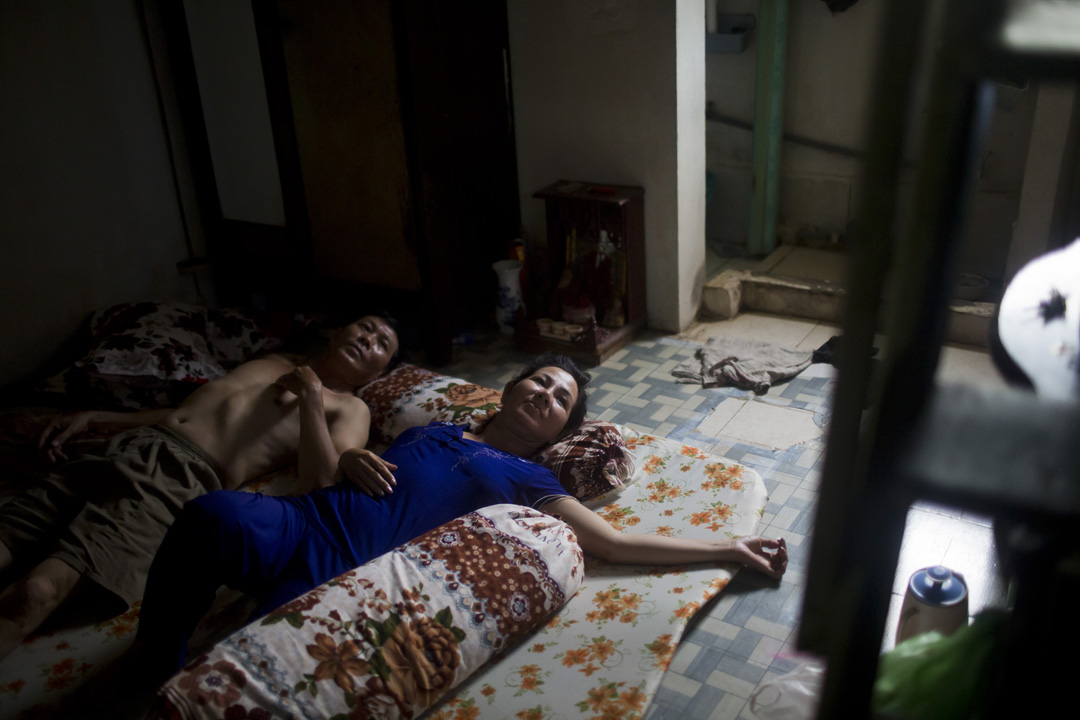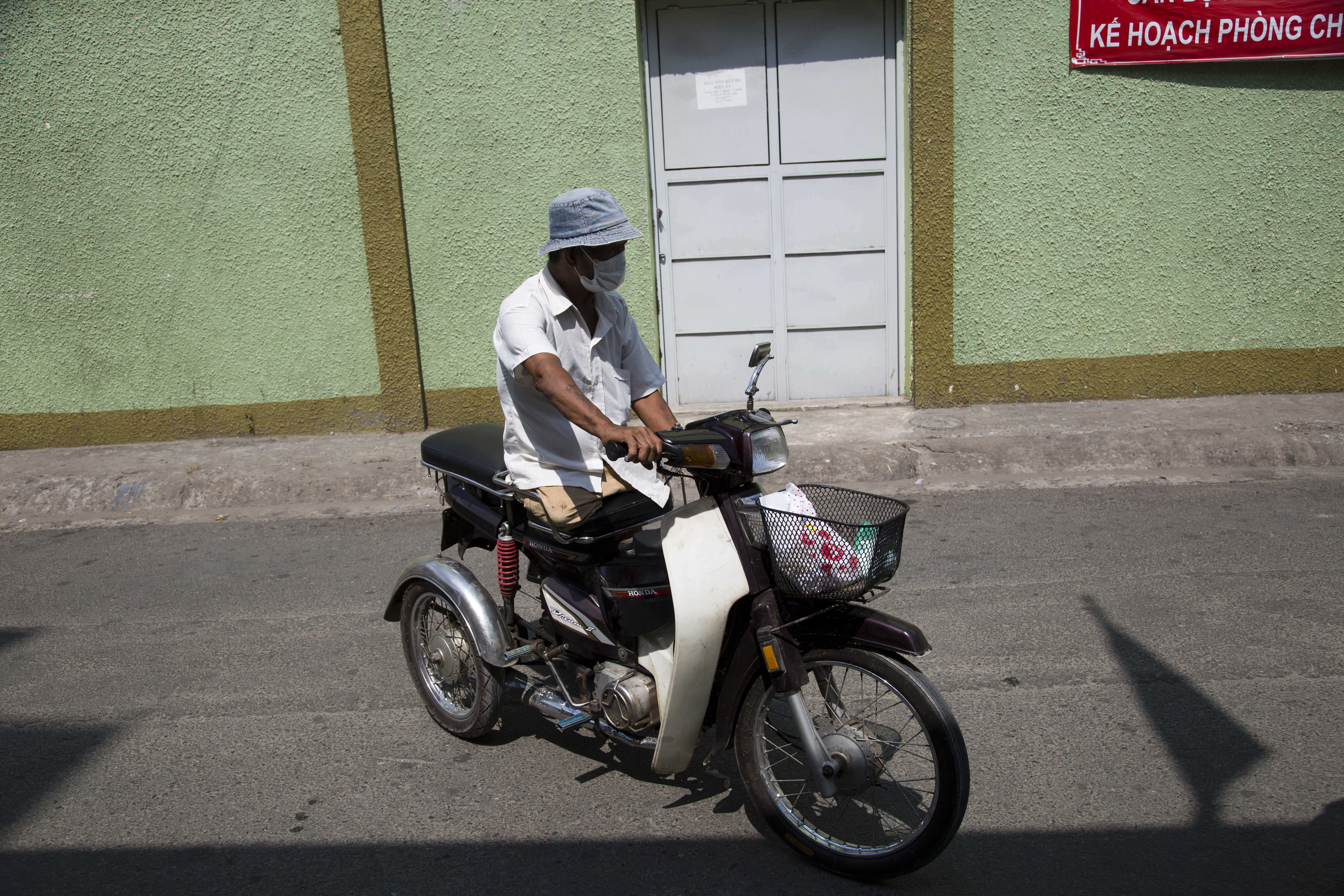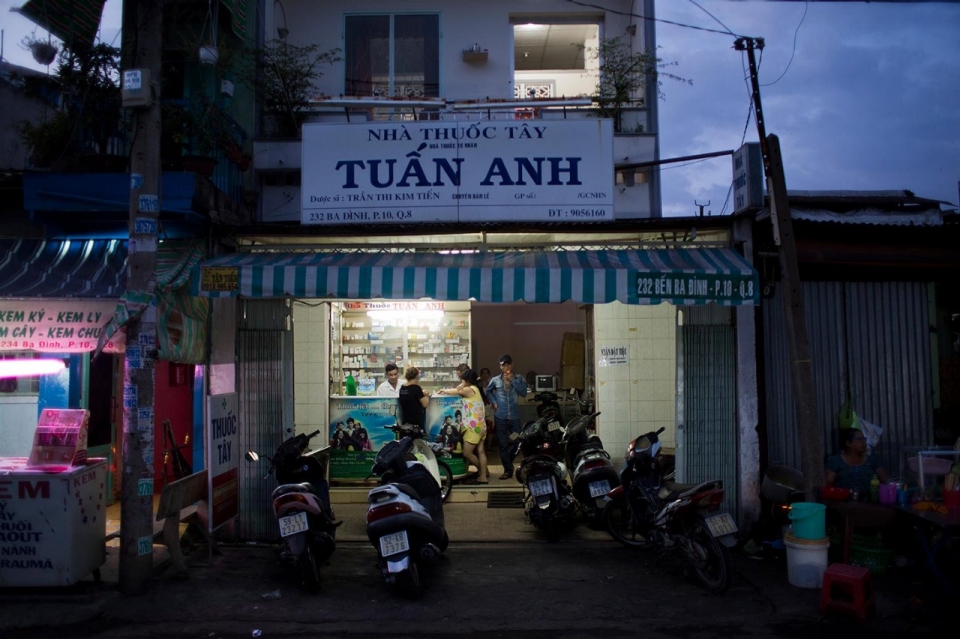
Tuberculosis is the world's second-deadliest infectious disease, yet efforts to fight it are critically under-funded. World health officials are calling a $1.6 billion a year gap to fight the disease a "powder keg" that could kill millions and make the future costs of dealing with the disease skyrocket.
It's not just the poorest countries that are suffering: Even middle-income countries are unable to implement new technologies for treatment and diagnoses that could lower incidence. There is little political will to address the issue from the U.S. and other developed countries, where the risk of TB is at an all-time low, and donors don't often experience its effects firsthand. But the risks to global health are only worsened as a multi-drug-resistant form of TB is spreading.
In Vietnam only the most basic TB programs are funded and barely 70 percent of TB cases are diagnosed. The country faces a 72 percent funding gap in what the World Health Organization reports is needed to fight TB, which threatens to undo some of the gains the country has made and lead to the spread of multi-drug-resistant strains of the disease.
Technologies such as cell phone microscopy and GPS mapping of patients have the potential to offset long term budget shortfalls by decreasing the future spread of TB, but these programs have not received substantial funding. This project looks at the impoverished communities that have high TB incidence rates and examines how the lack of funding is inhibiting technological advances that the country is trying to roll out.














